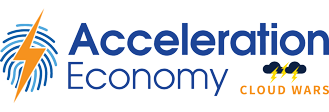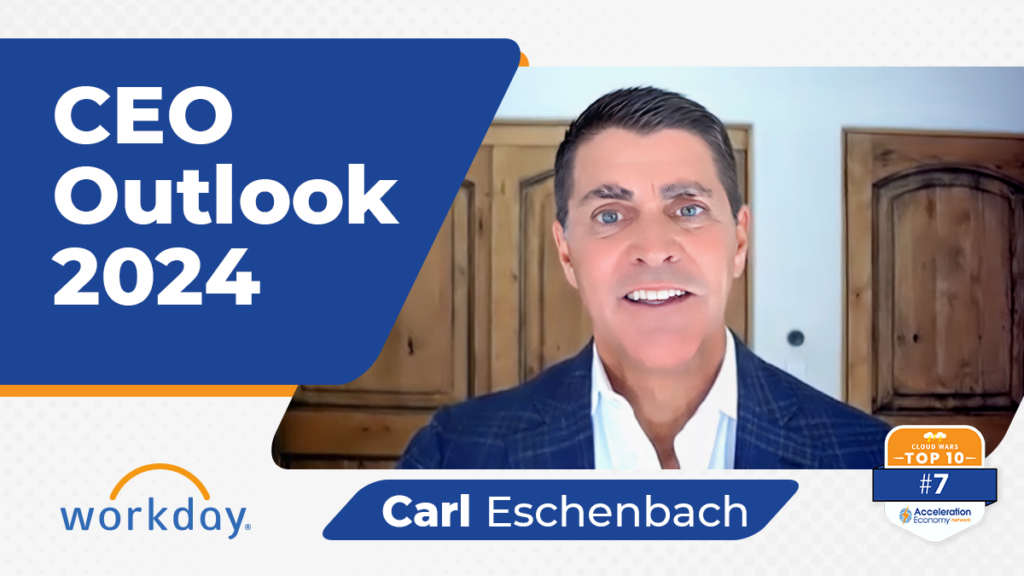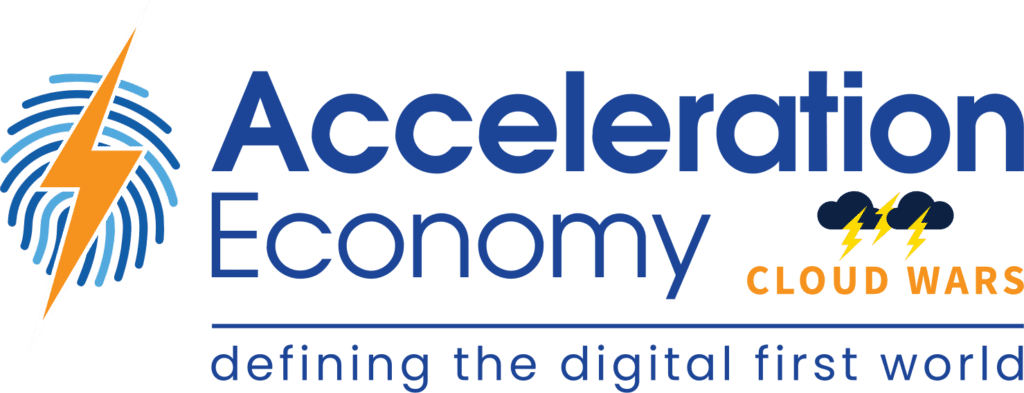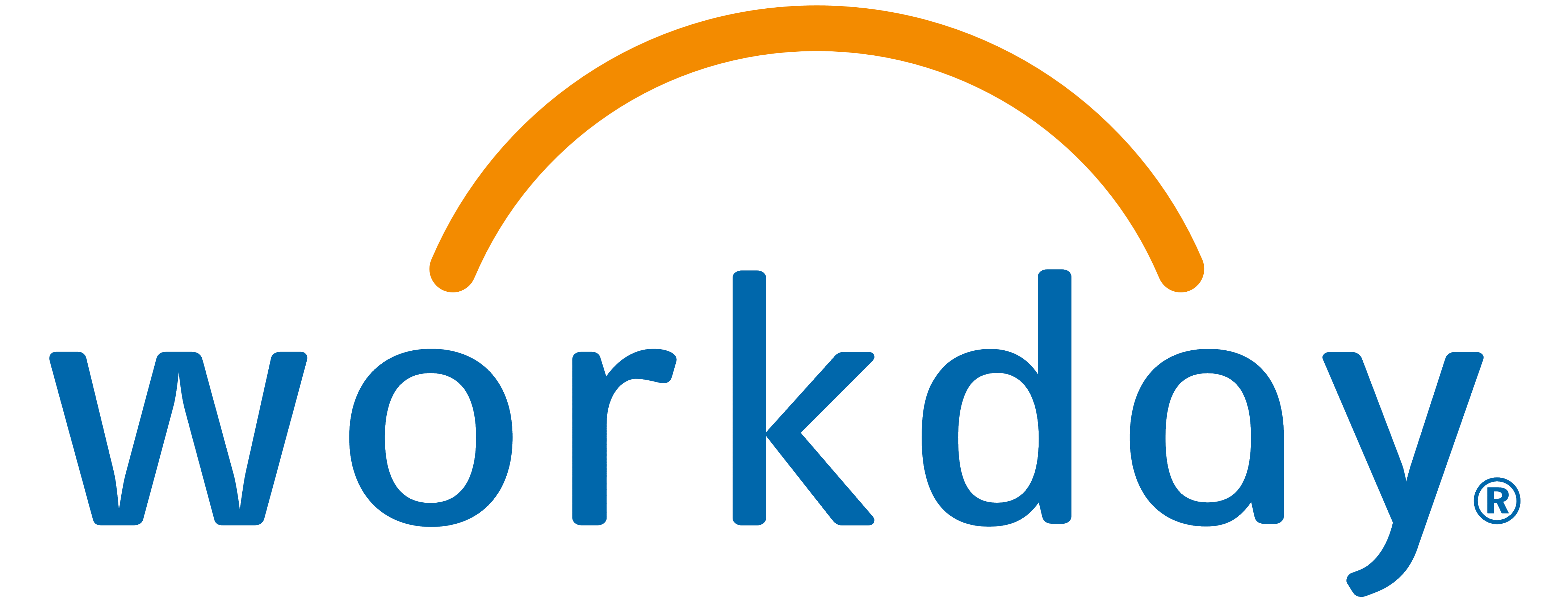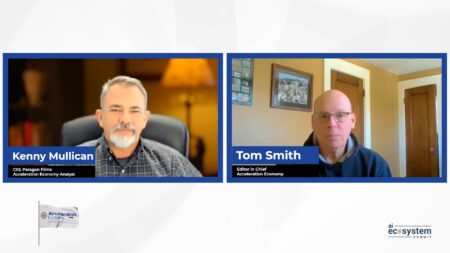When Workday cofounder and chairman Aneel Bhusri hired Carl Eschenbach as co-CEO just over a year ago, Bhusri expected Eschenbach to double the size of the company over the next several years by upgrading its go-to-market talent and performance, boosting its levels of engagement with customers, and driving essential operational changes.
And as the high-intensity Eschenbach begins his second year as the business leader and public face of Workday, it’s clear that while big progress has been made on all those fronts, Eschenbach is only getting started.
With Workday’s customers undergoing their own significant changes and pursuing a range of new opportunities amid fast-changing market dynamics in every sector, Eschenbach said that Workday has to be able to move as fast as the world it serves.
“Quite frankly, the pace and rate of change we’ve had here at Workday over the last year has been pretty aggressive,” Eschenbach told me in a recent Zoom interview for this CEO Outlook 2024 series. (You can watch my full interview with Eschenbach here.)
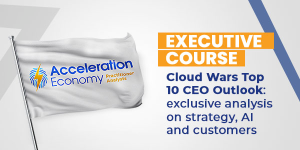
Register for Acceleration Economy’s Cloud Wars CEO Outlook 2024 Course, now available. Featuring exclusive interviews on strategy, AI, and customers with the CEOs of Cloud Wars Top 10 companies.
“I could not be prouder of how the company has embraced change, has embraced a lot of the transitions and transformations we’re going through, embraced the new sets of leaders that have come on board here at Workday and very quickly partnered with the tremendous talent and tremendous leaders that we’ve had at Workday for so many years,” he said.
“But the one thing that keeps us all grounded here at Workday is the core values at Workday that are the foundation of our company,” added Eschenbach in referencing a company culture that has won numerous awards since Bhusri and Dave Duffield founded the company in 2005.
That’s a delicate balance for any leader to strike, but Eschenbach’s adventure has surely been helped by having been a board member at Workday for almost five years, an experience that’s allowed him to intimately understand the company, its customers, and its opportunities.
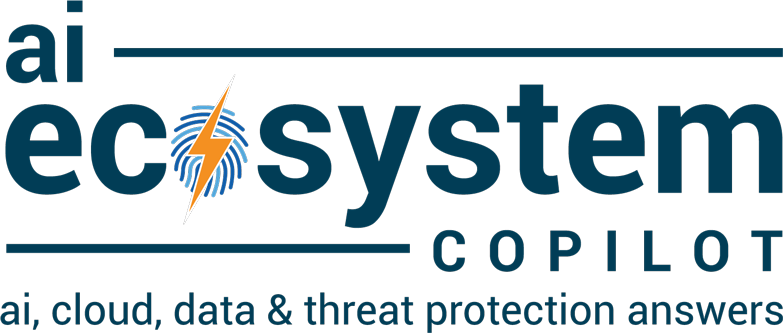
Ask AI Ecosystem Copilot about this analysis
So as Workday prepares to jump into its 2025 fiscal year on Feb. 1, Eschenbach outlined some of the key initiatives he’s got underway:
- International: While 50% of Workday’s total addressable market (TAM), it’s only 25% of its revenue, and Eschenbach has brought in a slew of new regional and country leaders across the globe
- Ecosystem: While this has been a key area for Workday in the past, “I think we’re just getting started in all we can do with our partners,” he said
- Extend platform: In the past year, the number of applications built on Extend has shot up by 70%; and
- Commitment to customers: Noting that commitment is one of Workday’s six core values, Eschenbach said Workday customers are “cautiously optimistic” and are “absolutely still buying,” but with more “deal scrutiny on each decision”
And something every Workday customer wants to talk about and understand is, of course, artificial intelligence (AI). From his hundreds of conversations with customers, Eschenbach said that while they all expect world-class AI technology and capability, the other essential ingredient that they insist upon is trust.
“As we engage with not just CEOs but CIOs, CHROs, and CFOs, are all trying to better understand the potential impact of AI,” he said. “And I believe that it can have a massive step-function change in human productivity. But people are struggling to figure out how to use it, how to implement it, and how to make sure it’s done in a very trusting and responsible way. And I think this is where we are uniquely positioned.
“If you think about Workday, for as long as we’ve been in existence, we’ve been supporting our customers’ most precious assets: their people and their money,” Eschenbach said. Because of the highly strategic nature of those engagements, Workday has had to earn the trust of thousands of customers before being granted the right to help them look after their people and their money. And as the generative artificial intelligence (GenAI) revolution kicks into full swing, Eschenbach believes customers will extend that trust around AI as well and ultimately be the key ingredient in what he said will be “systems of trust.”
“If you think about what we started out to do almost 19 years ago, we set out to build a system of record in the cloud — no one else thought about doing that. And by doing that, we took all of that precious data of their people and their money and we put it in the cloud, we protected it, we secured it, and we made sure we drove massive business benefit for customers in moving to that cloud model,” he said.
“We went from being that system of record to becoming the system of engagement, and we now have 65 million users on top of the Workday platform with an output of 600 billion transactions a year on top of Workday. So we became not just a system of record, but the system of engagement, quickly followed there by having more than 10 years of AI and machine learning built deep into the platform rather than being bolted on,” Eschenbach said.
“So that system of record became a system of engagement and is now a system of intelligence, and all of this gets wrapped by what we call the system of trust in the company of trust. Our customers trusted us 19 years ago, and if you fast forward today, they continue to trust us to deliver ethical, responsible, and safe AI solutions for them.”
Final Thought
“Systems of trust” is easy to say but very hard to deliver, but it’s clear that Workday believes its strong customer-loyalty scores will help them fulfill that vision. In a similar fashion, one of the other ambitious visions that I believe exemplifies what Eschenbach has brought to Workday is his idea for the company’s fast-growing ecosystem to transcend the typical industry model and become a self-sustaining “economy.”
“I talked to everyone about the strength of our ecosystem and where it’s at today, but I also talked about what the future could bring if we think about the partner ecosystem a little bit differently,” Eschenbach said.
“I don’t think we’re just building an ecosystem — I literally believe with the strength of our technology and our platform and the innovation we continue to bring to market we can build an entire economy around the Workday platform. With all the investments we’ve made in the last 12 months to focus on the partner ecosystem, we’re just getting started, right?”
So as Eschenbach prepares to become sole CEO next month as Bhusri moves to executive chairman, I don’t think it’s a big stretch to believe that that phrase — “we’re just getting started” —will typify what goes on across Workday for the next few years as the Eschenbach era unfolds.
